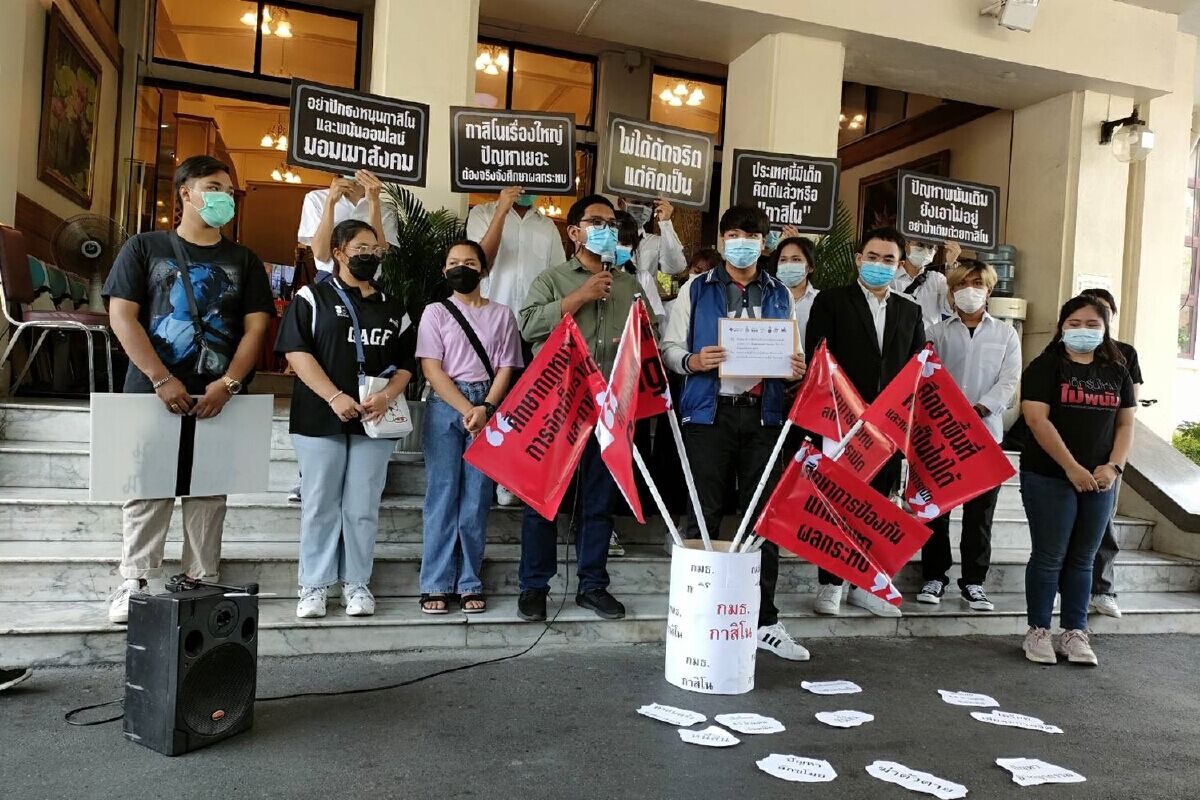Majority oppose casino-entertainment complex and online gambling legalisation

A significant majority of people have expressed opposition to the government’s proposal for a casino-entertainment complex and the legalisation of online gambling, as revealed by a survey conducted by the National Institute of Development Administration.
The Nida Poll gathered responses through telephone interviews from January 20 to January 21 from 1,310 individuals over the age of 18, representing diverse educational backgrounds, income levels, and occupations across the country.
When asked about the development of an integrated entertainment complex featuring a casino, 59.19% of respondents expressed their disagreement with both the complex and the casino. In contrast, 28.93% were in favour of both.
Meanwhile, 8.63% supported the complex without the casino, 1.68% had no comment, and 1.60% agreed with the casino only.
Regarding the government’s initiative to legalise online gambling, 58.32% were firmly against it, 19.92% were strongly in favour, 11.45% expressed moderate agreement, and 10.31% moderately disagreed, reported Bangkok Post.
The survey also explored opinions on holding public referendums for both the casino-entertainment complex and the legalisation of online gambling. The responses were as follows:
51.07% opposed referendums for both initiatives,
37.86% supported referendums for both,
5.11% were in favour of a referendum solely for the casino-entertainment complex,
3.89% supported a referendum only for online gambling legalisation,
1.99% had no comment,
0.08% did not provide an answer.
In related news, the government has tasked the Council of State with a 50-day deadline to complete the review of the entertainment complex bill before it proceeds to the House for consideration. It asserts that a referendum is unnecessary since the policy has already received parliamentary approval.
Pakorn Nilprapunt, the secretary-general of the council, stated that the government has stressed the urgency of the bill, underscoring the 50-day review period as agreed by the Cabinet. When asked about the possibility of a referendum to gauge public opinion, he clarified that this decision rests with the government, as the council lacks the authority to mandate it.
Latest Thailand News
Follow The Thaiger on Google News:


























